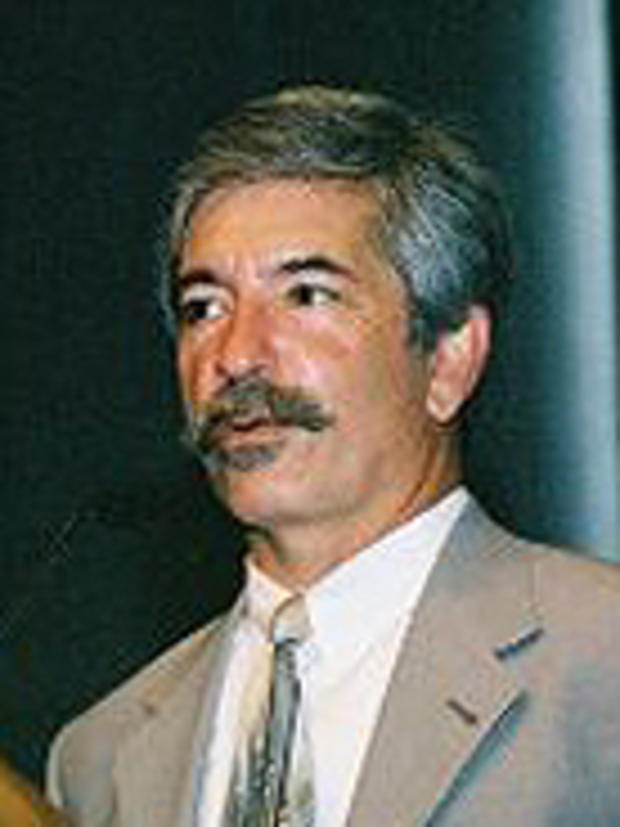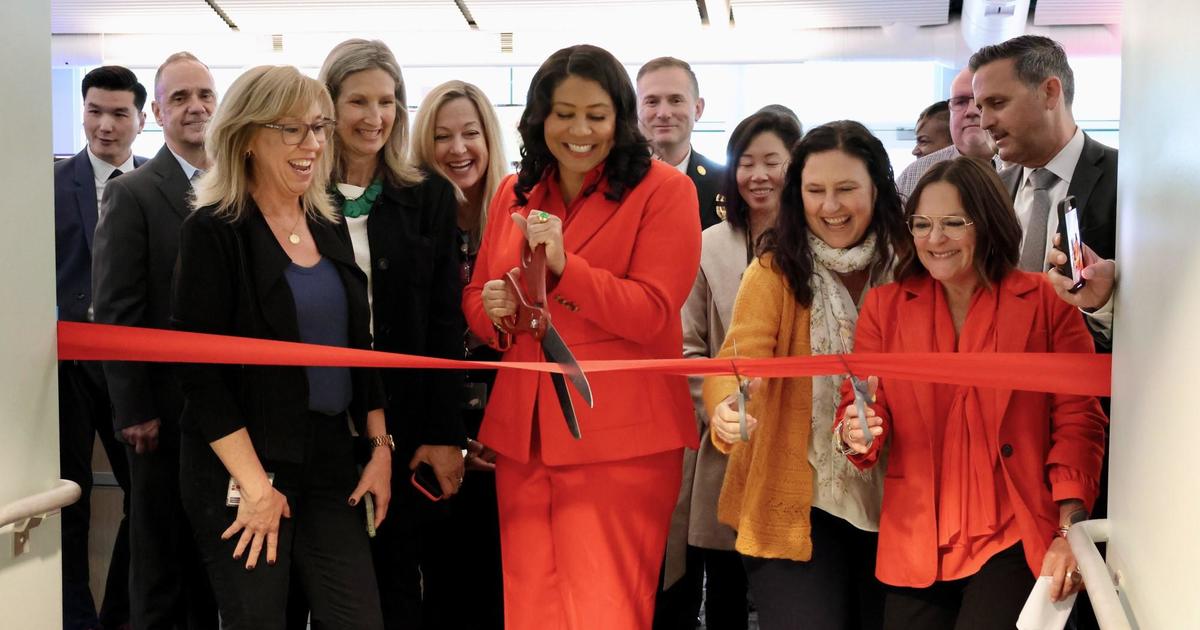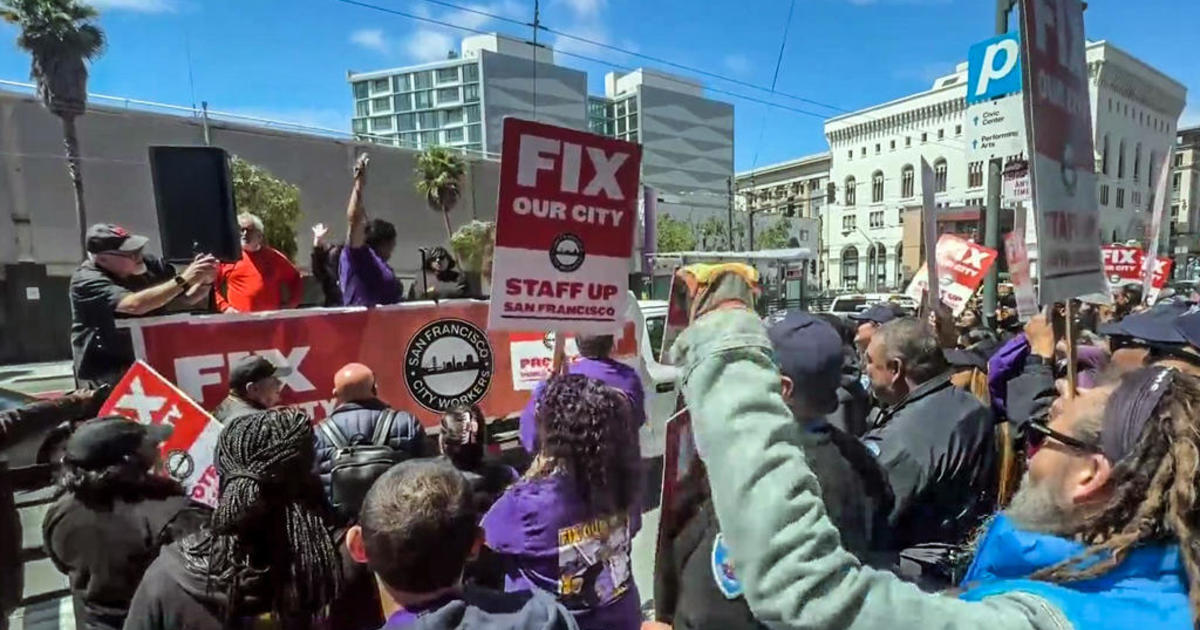CIO Advises San Francisco Students To Think About Technology's Hybrid Impact
A recent interview for a software engineer position with San Francisco-based Twitter revealed a lengthy application process taking over eight weeks. While the information from Glassdoor is helpful to hopeful job seekers, there's nothing like receiving advice from someone who has worked in the tech industry for decades. Stuart Robbins is the CIO evangelist for Metacloud, recently acquired by San Francisco Bay Area tech giant Cisco to help build the world's largest global intercloud.
What is your background and education?
"I have a B.A. in liberal arts from Oberlin College (Ohio) and a master's in fine arts/writing from Warren Wilson College (North Carolina). In 1975, there was only one computer in my college – those students who were technologically curious would spend Friday evenings in the science lab playing word games (random sequencing as avant-garde poetry) by shuffling punch cards."
How has your degree helped you in your current position?
"Contrary to current STEM principles (which I lament), I believe a liberal arts education - classic literature, the humanities, philosophy - can provide an important foundation (critical thinking) and set of core skills (the capacity to understand and communicate clearly, and an appreciation for the intrinsic value of diverse opinions/cultures) – that are absolutely essential in the business world. Interestingly, some of the most talented programmers I've known in two decades of tech experience in Silicon Valley were trained artists and musicians."
What advice can you share with those interested in a career in technology?
"In my opinion, 'a career in technology' will cease to exist in the coming decade – it's an old way of looking at the new world. Technology is becoming embedded in every aspect of our lives – think: smart cities, etc. Consequently, I would advise a more hybrid consideration: think about how technology can improve all of the various disciplines toward which one can aspire professionally: health, manufacturing, government, education – then imagine how technology might enable true improvements in those areas. Tech for the sake of Tech is boring. Tech that can improve the quality of life for those who can at least afford a laptop; Tech that can advance how we govern, how we elect our representatives, how we interact with our schools – now there's something worth a lifetime's pursuit."
Randy Yagi is a freelance writer covering all things San Francisco. In 2012, he was awarded a Media Fellowship from Stanford University. His work can be found on Examiner.com Examiner.com.




